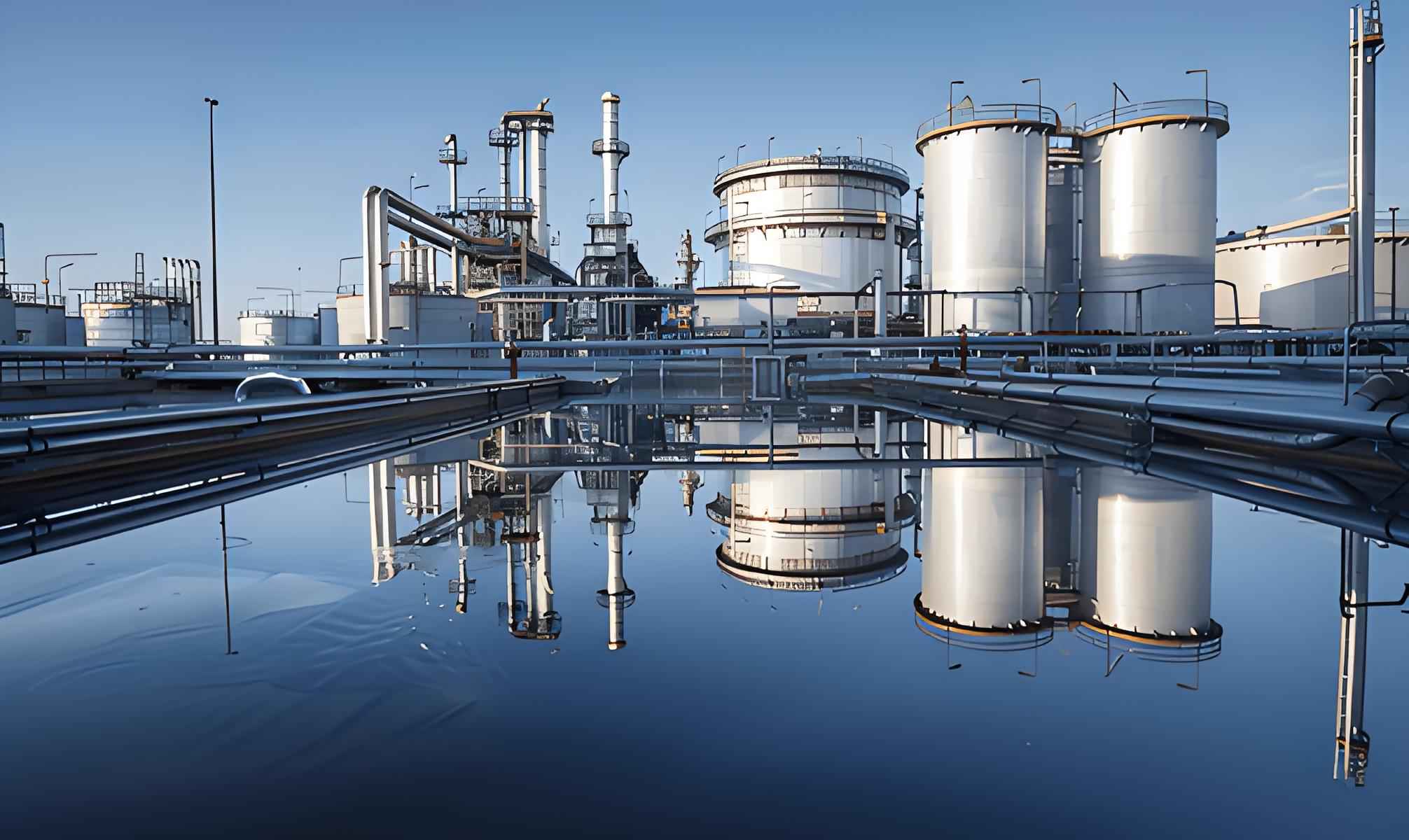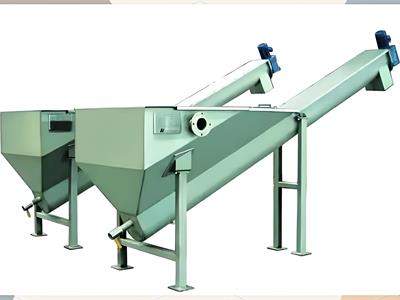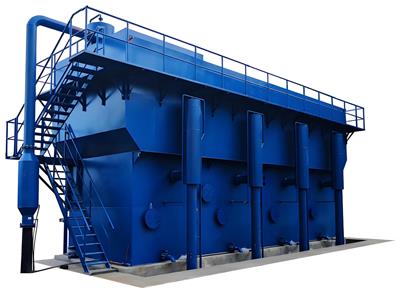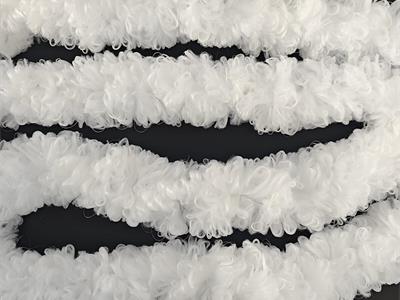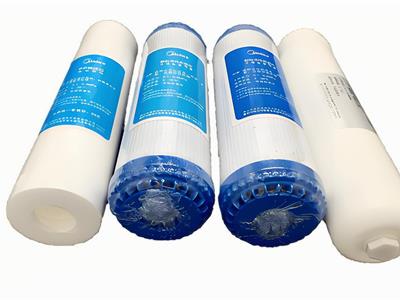- 2025-07-16
Oil Refinery
Refinery Water Treatment | Reverse Osmosis and Water Treatment Systems
One of the issues with implementing refinery water treatment is that the composition of water often varies from location to location. If you have a water treatment need, it is important to analyze your water so that we can customize a system to your needs. Any one of these factors can make your water unfit for drinking, or even toxic or life-threatening. Whether your facility is experiencing water quality issues, substandard boiler feed water, concentrate recovery issues, water recovery confusion, water depletion issues, or sour water stripper efficiency issues, we will provide innovative and superior customized solutions to meet your needs. Our refinery water purification systems are highly valued by our customers and offer the following benefits:
Improved product quality
Increased plant productivity
Adjusted ion lifespan
A wide range of customized solutions
Our refinery water treatment solutions include:
Reverse Osmosis
Water Softener Systems
Deionized Water Systems
Industrial Ultrafiltration
Water Toxins
Disinfection Byproducts (DBP) / Total Organic Carbon (TPC) Chlorine is a cost-effective method of killing bacteria and disinfecting water, but low concentrations can cause an unpleasant taste to water and high concentrations can cause severe discomfort to humans. There are cost-effective alternatives to chlorine as a disinfectant, such as filters designed to remove chlorine from water. Total Organic Carbon generally refers to the degree of decay of organic matter (plants, algae, bacteria, etc.) in water. This is an accurate measurement of the level of bacterial activity in the water. Drinking water with high bacterial activity can spread disease, so water disinfection is critical to any water purification application.
Nitrates - While nitrates are beneficial to plants, they are toxic to humans at almost any concentration. Removing nitrates from water is essential for drinking water.
Brackish water - Brackish water refers to the amount of salt in the water. Brackish water is saltier than fresh water, but not as salty as seawater. Removing salt from water using a reverse osmosis system is not only simple and economical, but it can also significantly improve the taste and purity of your drinking water.
Arsenic - Poisoning often results from dissolved metals in groundwater sources. Arsenic poisoning can be fatal, and unfortunately, it is common in parts of Europe, Asia, and the United States. Strict regulations exist around the world regarding arsenic levels in water, and special care should be taken to remove as much arsenic as possible.
Chromium - Chromium can be present in trace amounts in the human body, but levels above what is already in the body can be fatal. Chromium is a known carcinogen, so it is critical to filter out even trace amounts of chromium from your drinking water source.

